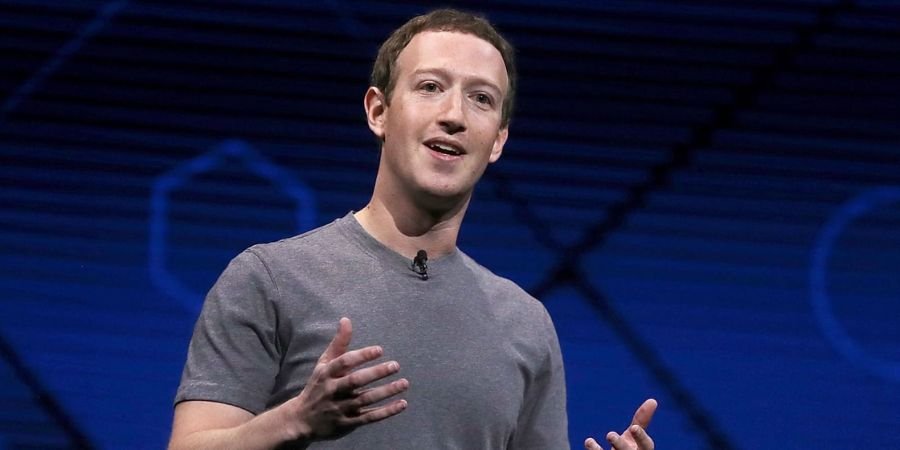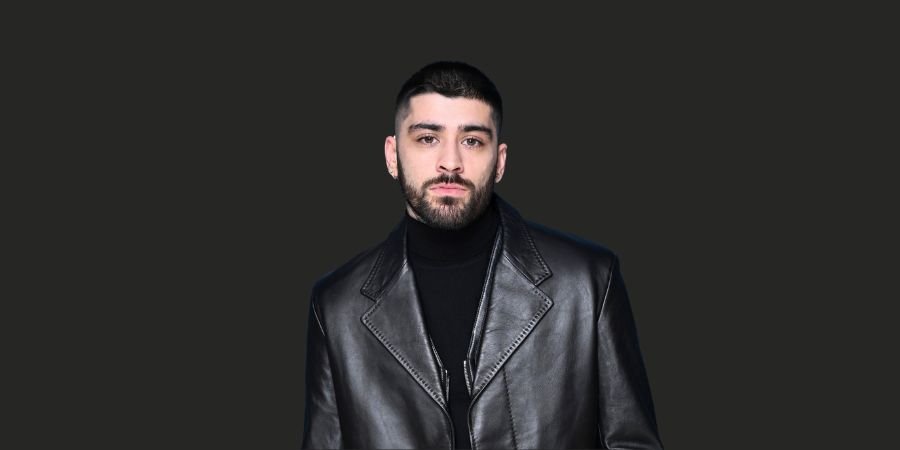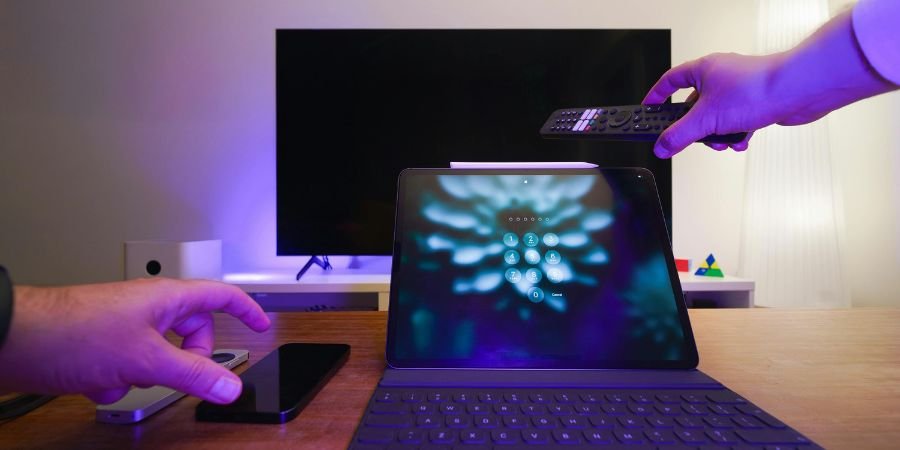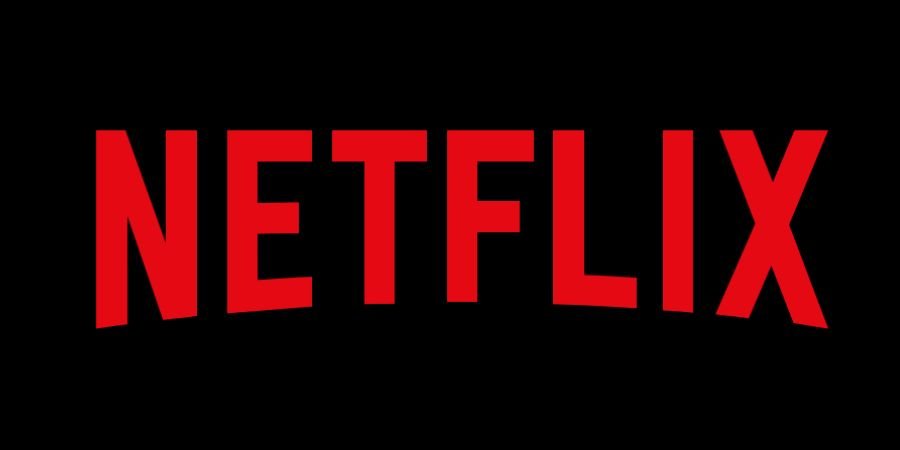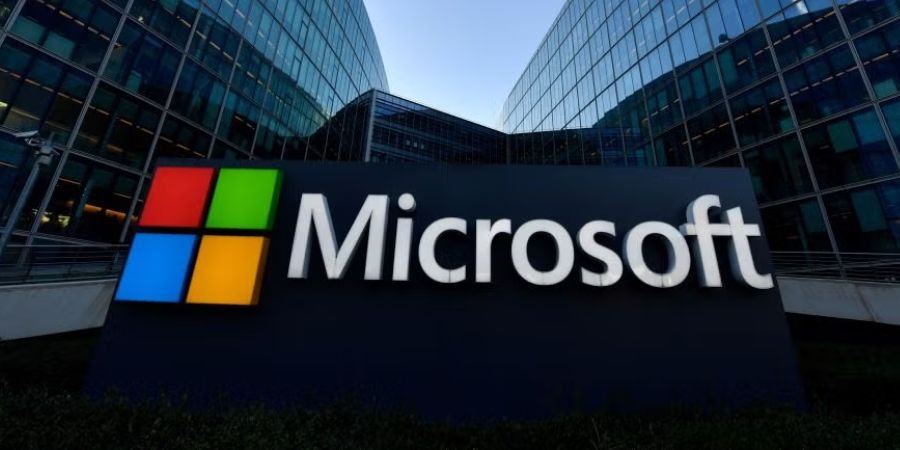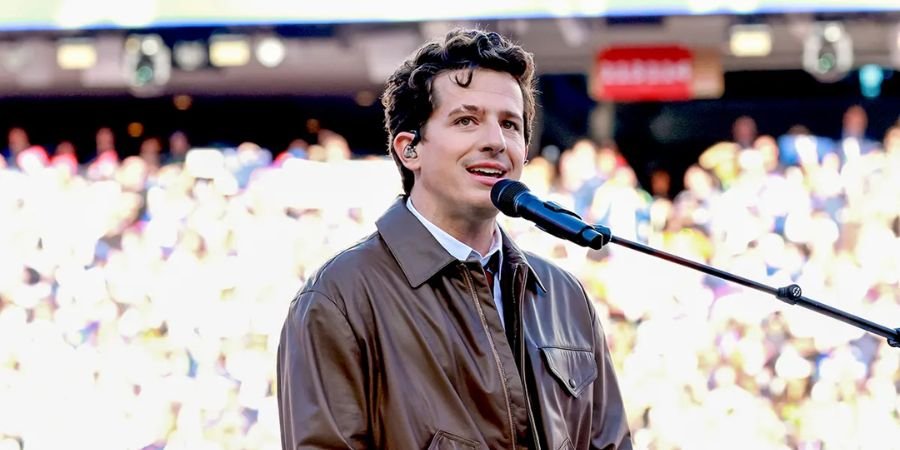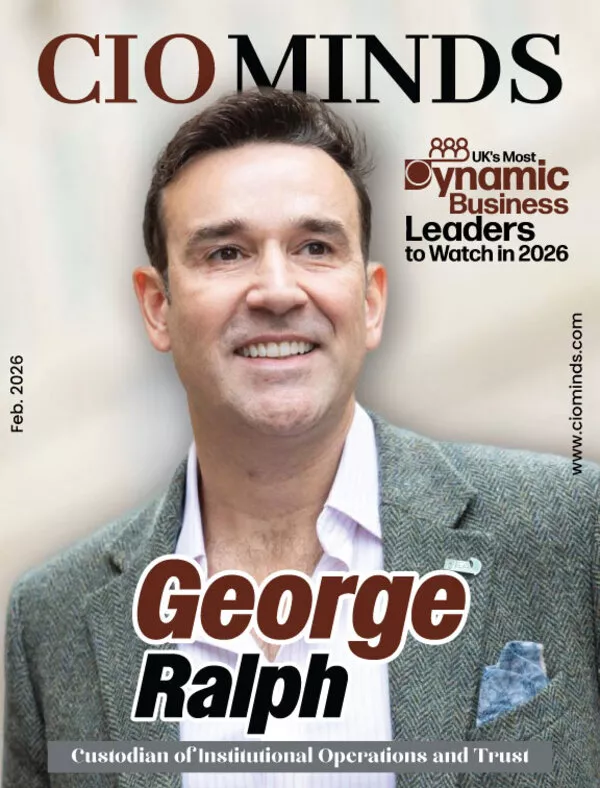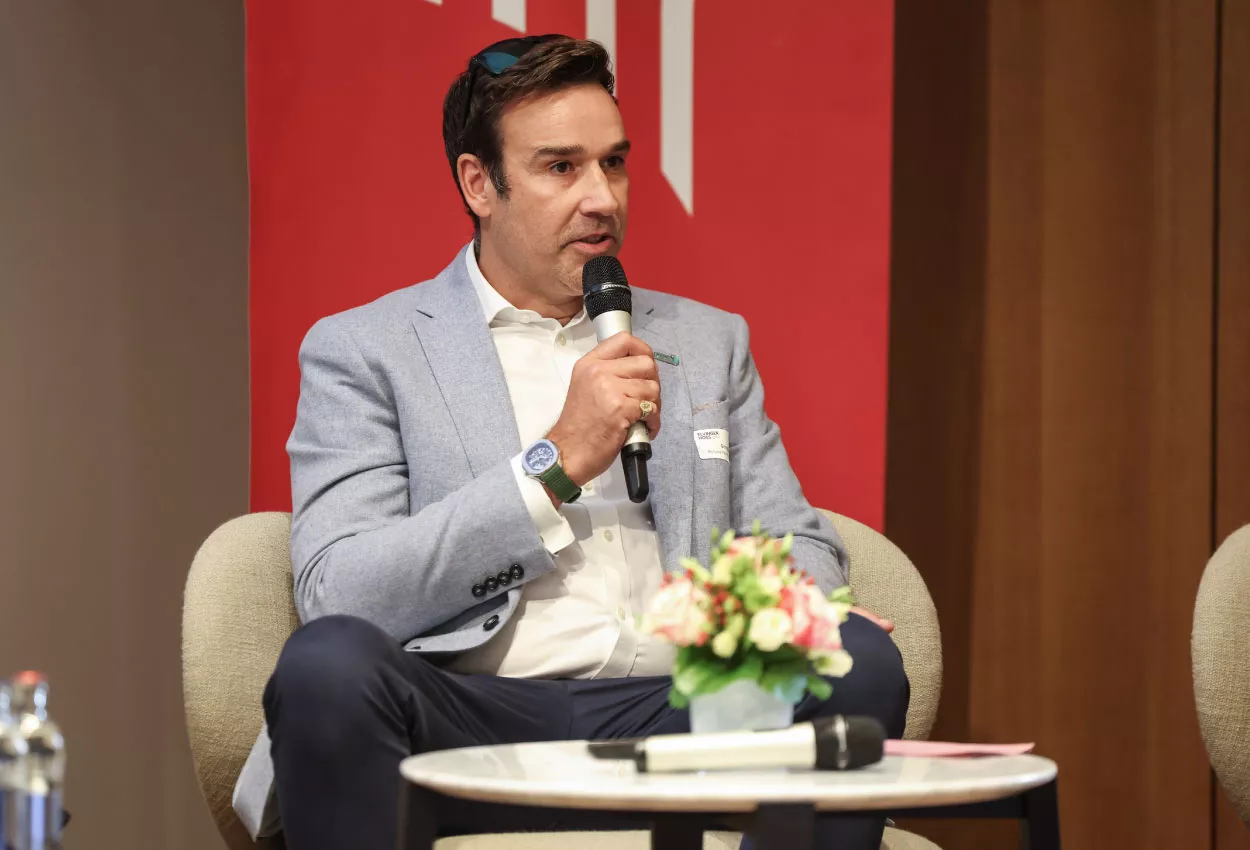Meta CEO Mark Zuckerberg has initiated an all-time-high recruitment drive for Meta’s new Superintelligence Labs (MSL). Top researchers received shocking offers, with some reaching over $300 million over four years, comprising over $100 million vested stock in the first year.
What Is Meta Superintelligence Labs?
MSL consolidates Meta’s current AI units like FAIR, Product Foundations, and new superintelligence teams into a single unit. The aim is to develop the next generation of AI models. Alexandr Wang, the founder of Scale AI, serves as Chief AI Officer, while Nat Friedman, previous GitHub CEO, is concentrating on applied research and product strategy.
Recruitment Strategy
Zuckerberg himself has contacted scores of top AI scientists from firms such as OpenAI, Google, Anthropic, and DeepMind. He made personal contact via private emails, WhatsApp messages, and even held one-on-one meetings in his Palo Alto and Lake Tahoe homes. There is a special WhatsApp group named “Recruiting Party” that facilitates Meta’s HR leadership and recruitment strategy with Zuckerberg himself actively involved with prospects.
Mega Compensation Packages
Some of the candidates were said to have been offered in excess of $300 million for four years, with the first year paying over $100 million in stock. The agreements are well above normal pay, reserved only for top leadership. Today, some of Meta’s leading AI scientists are paid approximately $3.2 million a year, a salary much greater than the non-AI positions.
Who Has Joined MSL
At least half a dozen former OpenAI researchers including Shengjia Zhao, Shuchao Bi, Jiahui Yu, and Hongyu Ren have joined MSL. Additional team members come from Google Research, Anthropic, and DeepMind. The new group of roughly 50 AI experts is informally referred to as the “Fantastic 50.”
OpenAI’s Reaction
OpenAI leadership, including Chief Research Officer Mark Chen and CEO Sam Altman, have openly criticized Meta’s hiring methods. Chen likened the departures to someone breaking into their home and stealing something. He added that OpenAI would be reevaluating its compensation and retention structures. Altman, speaking on a public podcast, said the tactics felt distasteful and warned that too much focus on money could harm workplace culture. However, he noted that Meta had not yet hired OpenAI’s top researchers.
Meta’s Response
Meta CTO Andrew Bosworth refuted allegations that every new hire was getting nine-figure pay. He explained that only a small number of leadership acquisitions were given such packages and that total pay consisted of multiple elements above stock or bonuses alone. He labeled the $100 million-plus numbers as exaggerated.
Why It Matters
This increasing war for the best AI talent reveals just how competitive the field is getting. There are only roughly 2,000 superstar machine-learning engineers in the world. Meta is going to spend an estimated $65 to $68 billion in 2025 on AI infrastructure and computing, so recruiting is a priority. In this high-risk competition, firms are leaving no stone unturned to win.
Mark Zuckerberg’s personal engagement and jaw-dropping offers signify a new bold age in AI hiring. With Meta constructing a top-notch team under its Superintelligence Labs, rivals such as OpenAI are being compelled to revise the way they acquire and keep talent. The world AI war for talent is now on.
Read Also: Meta Unveils New Video Editing App ‘Edits’ Amid TikTok Ban Developments

